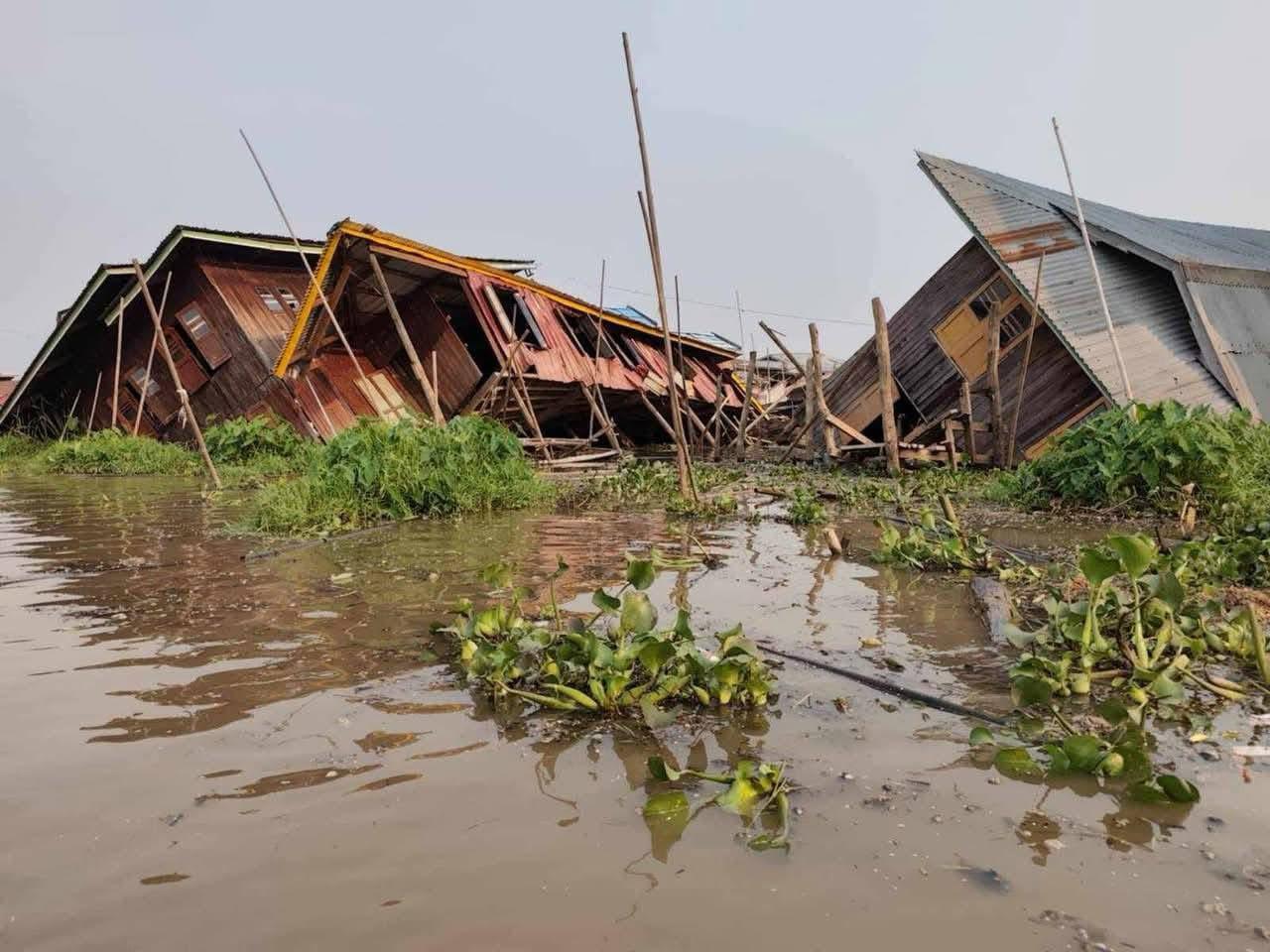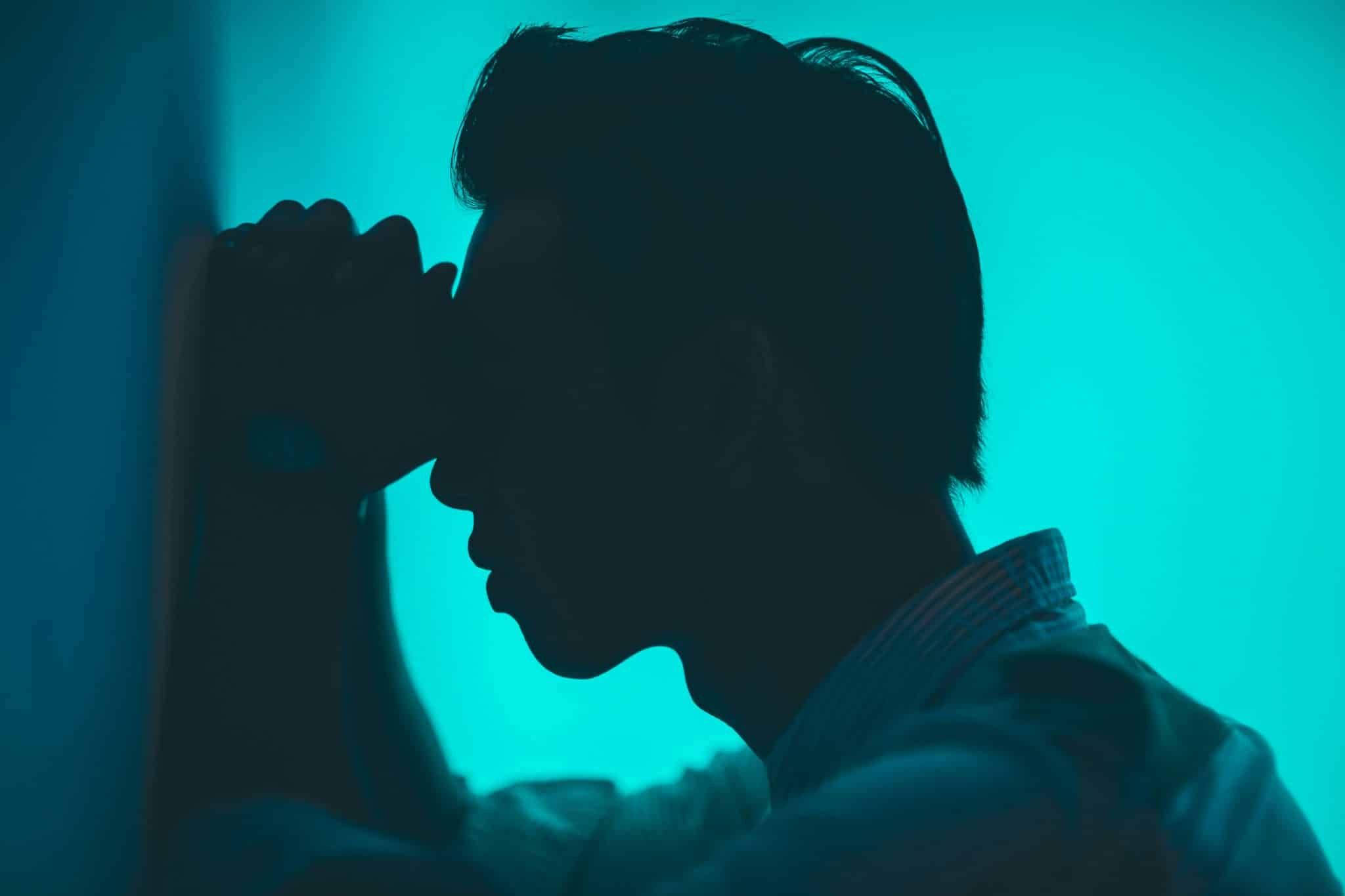When disaster strikes: A Singaporean experiencing the Los Angeles wildfires shares how we can pray
Benita Lim // January 10, 2025, 5:22 pm
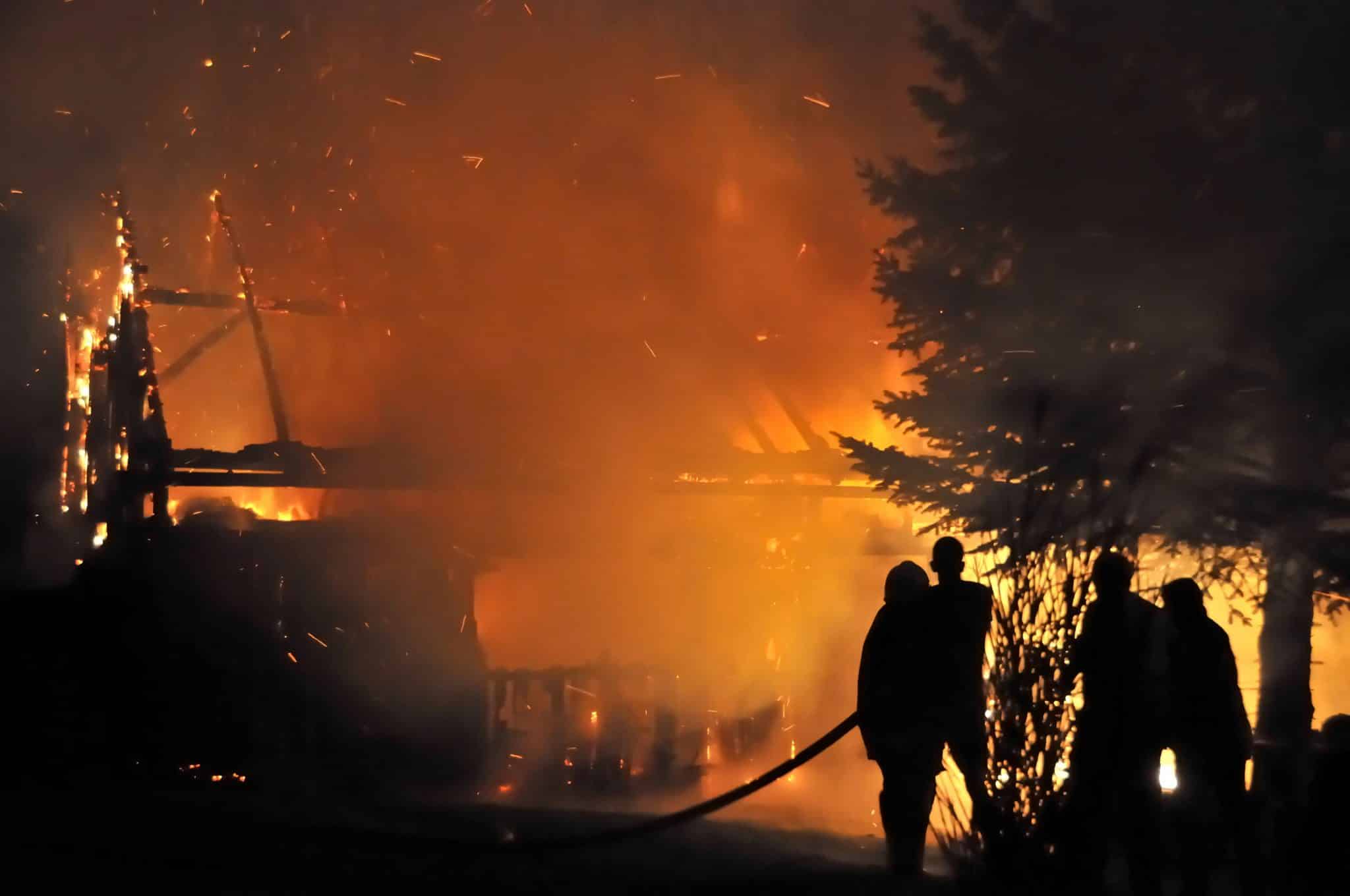
"When disaster strikes, everyone reacts differently. But one thing is for sure – everyone is going through something," writes Benita Lim, a doctorate student living in Pasadena, Los Angeles. Photo (for illustration purposes only) from Depositphotos.com.
This past week, multiple large wildfires in Los Angeles (LA) county, where I currently reside for my doctoral studies, killed at least 10 people, forced another 180,000 to evacuate their homes and destroyed thousands of homes, buildings and structures.
I do not want to inflate my experience as there are many parts of the world facing destruction and violence on a much greater scale, both on a natural and civil level.
Yet I do not wish to downplay what I’m going through, either. When disaster strikes, everyone reacts differently. But one thing is for sure – everyone is going through something.
Before disaster struck
In the wee hours of January 7 (Tuesday), winds were howling outside my window and I could see the trees outside swaying violently even while I was working on my dissertation.
We were warned of windstorms and the risk of fires over the weeks. They would be the most severe windstorms to hit LA since 2011.
“When disaster strikes … may no one be walking alone.”
This wasn’t my first windstorm, but this was definitely the worst. I have seen huge trees destroying my neighbour’s homes. People have died from falling trees and power cables (in Singapore, too).
When I chose to put on choral music that morning, I knew I was feeling anxious.
I clung on to Psalm 46:10.
“Be still, and know that I am God;
I will be exalted among the nations,
I will be exalted in the earth.”
It was hard to be still, but I was comforted knowing my life was in the hands of the Creator of heaven and earth — and the speck of dust that is me.
Few were prepared for the blaze that sprung up first in the Pacific Palisades, encouraged by gusts going at speeds of up to 120km/h.
Evacuating
If I was living in Changi, the Palisades would be Tuas. It was so far yet so near.
The fires were reported to be spreading at wild speeds from the winds. No one knew the cause yet, but no matter; evacuate first. Once a fire starts, a spread was likely.
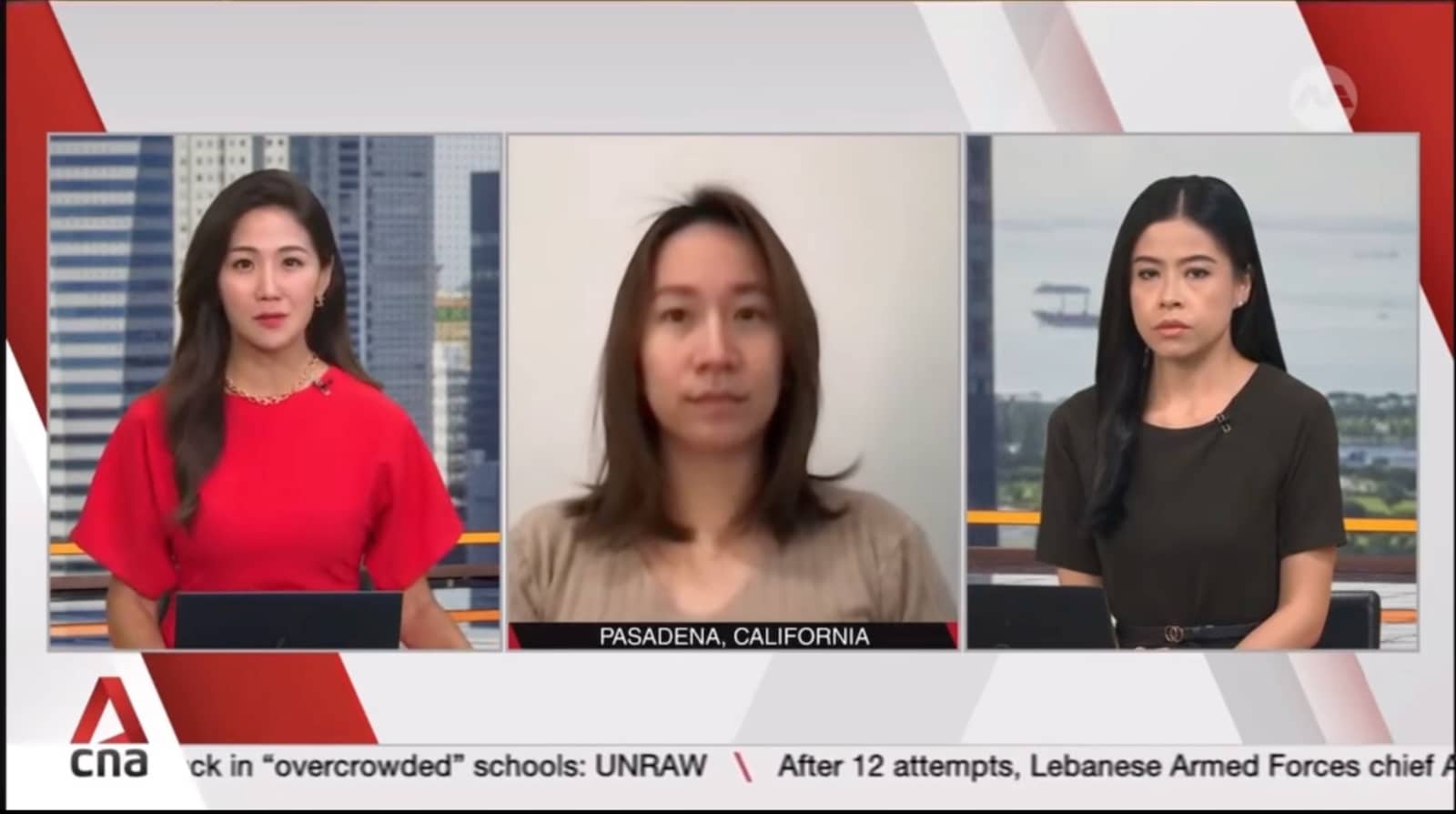
The author, Benita (centre), sharing her experience of the California wildfires with CNA. Screengrab from CNA.
We were facing a severe drought and one of the driest periods on record. Structures and wildlife were tinder-dry – the best fuel for fire to catch. High speed winds could easily carry embers from existing fires and start new fires.
Life went on in my household for half a day — then our worst fears happened.
A brush fire was reported in a beloved hiking trail not far from us. Power outages were being reported on social media groups. We thought about preparing dinner early just in case we were affected, but when we looked out of our front windows, we saw a blaze that seemed to be on the next street.
It was just the beginning of the Eaton Fires.
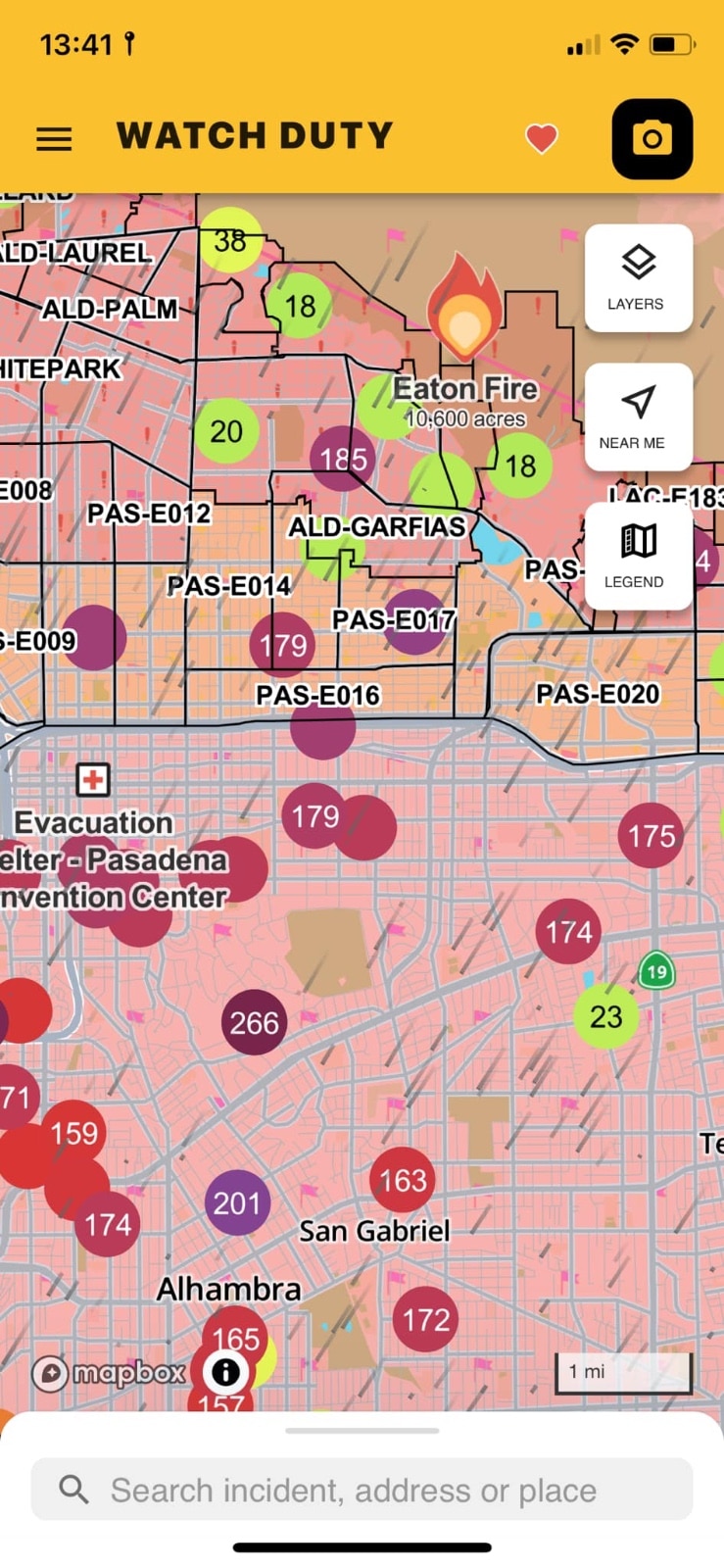
A screenshot of an app indicating the wildfires and affected areas. Photo courtesy of Benita Lim.
My housemate (also my landlord and friend) and I looked at each other. Will the fires come our way? Shall we evacuate? Shall we wait it out and see what the city says?
Even through the windows, we could see the fires blazing. Let’s evacuate, C said. Her husband rushed to turn on the sprinklers and hose the exteriors of the house, which would help reduce fire damage.
C, her husband, their two-year-old and dog would drive to her sister’s place an hour south, while I would drive 20 minutes south to my pastor-friends’ house in another city.
“It was picture after picture of devastation.”
We packed our belongings. I was reminded of the verse on giving up my possessions and following Christ — to choose what was truly necessary to live.
I left first, since I only had to pack for myself. My housemates and I blessed each other. The fires seemed ominously larger than before.
The main streets were already lining up with cars. We filed silently away from the direction of the canyon, slowly navigating fallen branches, trash cans, broken traffic lights and street signs.
I picked up two of my church youths – an Indonesian and a Bruneian college student who were also living in Pasadena. We paused to take some pictures of the fires that were now miles away but still glowered an angry red across the northern skyline.
We shared how we were feeling, and how it was the college students’ first experience. It was good to have each other.
The grief of disaster
Our pastors and their young son embraced us from the get-go. We were hungry, and our church community made sure we were warm and well-fed. Our pastors called and checked in on church members living in the affected areas.
On social media and wildlife alert apps, we received updates on the disasters. It was picture after picture of devastation, and disillusionment on issues regarding funding of firefighters and unethical insurance practices.
But there was also information on plenty of churches, groups and individuals offering shelter and support.
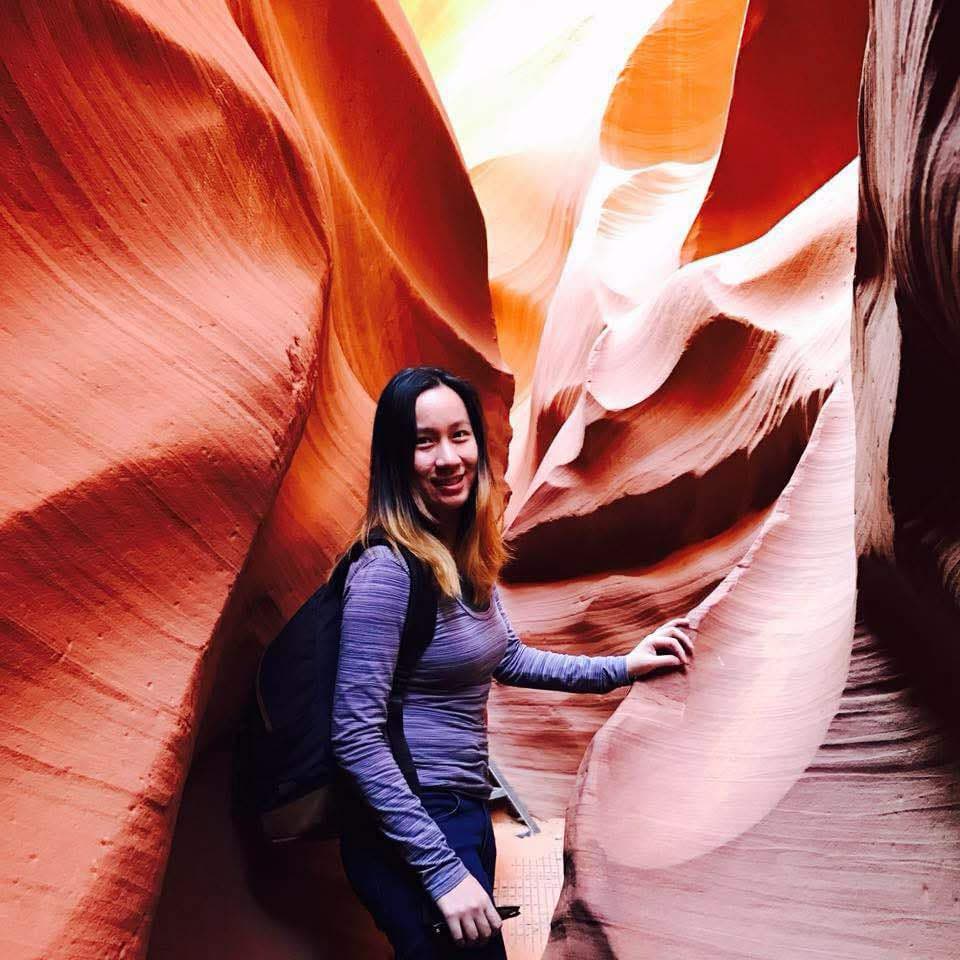
Benita is a PhD student at Fuller Theological Seminary in Pasadena.
I found myself reading up on the matter ever so often, only stopping to cook meals. It was a welcome respite to keep my mind off the situation.
At one point, however, I knew I had to check in with myself in a quiet corner in the house.
The grief and sadness finally rushed in. For people I knew (and didn’t know) that had lost their homes and precious memorabilia; for the loss of places once so familiar to me.
Many parts of the world are also suffering in disasters — much more prolonged and violent than what is happening here. But the reality remains: Things will never be the same again for over 180,000 people here.
When disaster strikes, everyone will have their own journey towards reconstruction, and it will take time. But may no one be walking alone — that is a disaster in itself.
Lord have mercy.
How you can pray
Pray for us:
- That those affected, be it on the giving or receiving end, will find true healing and rest for our souls.
- To show mercy and kindness towards one another in our actions and speech, online and offline. Even if it’s from a bystander’s point of view.
- That while we struggle now, we struggle together — in the right direction.
RELATED STORIES:
In a coma and dying, she saw visions that readied her for life without limbs when she awoke
We are an independent, non-profit organisation that relies on the generosity of our readers, such as yourself, to continue serving the kingdom. Every dollar donated goes directly back into our editorial coverage.
Would you consider partnering with us in our kingdom work by supporting us financially, either as a one-off donation, or a recurring pledge?
Support Salt&Light
